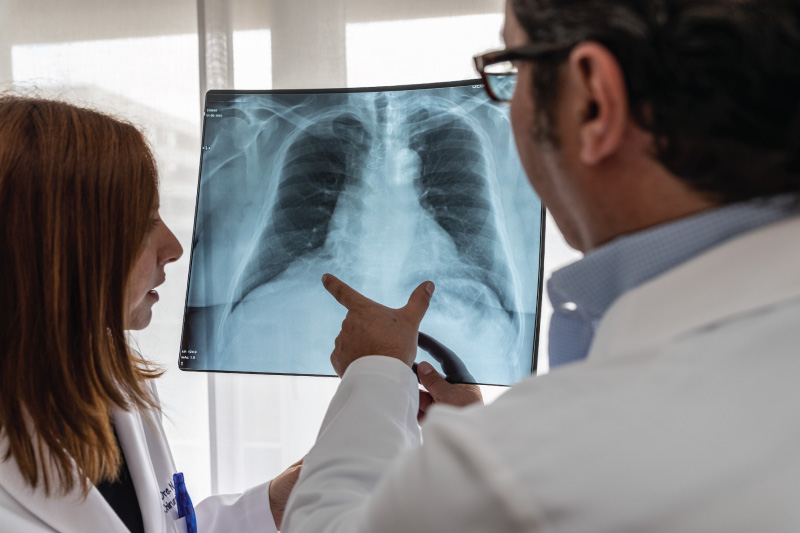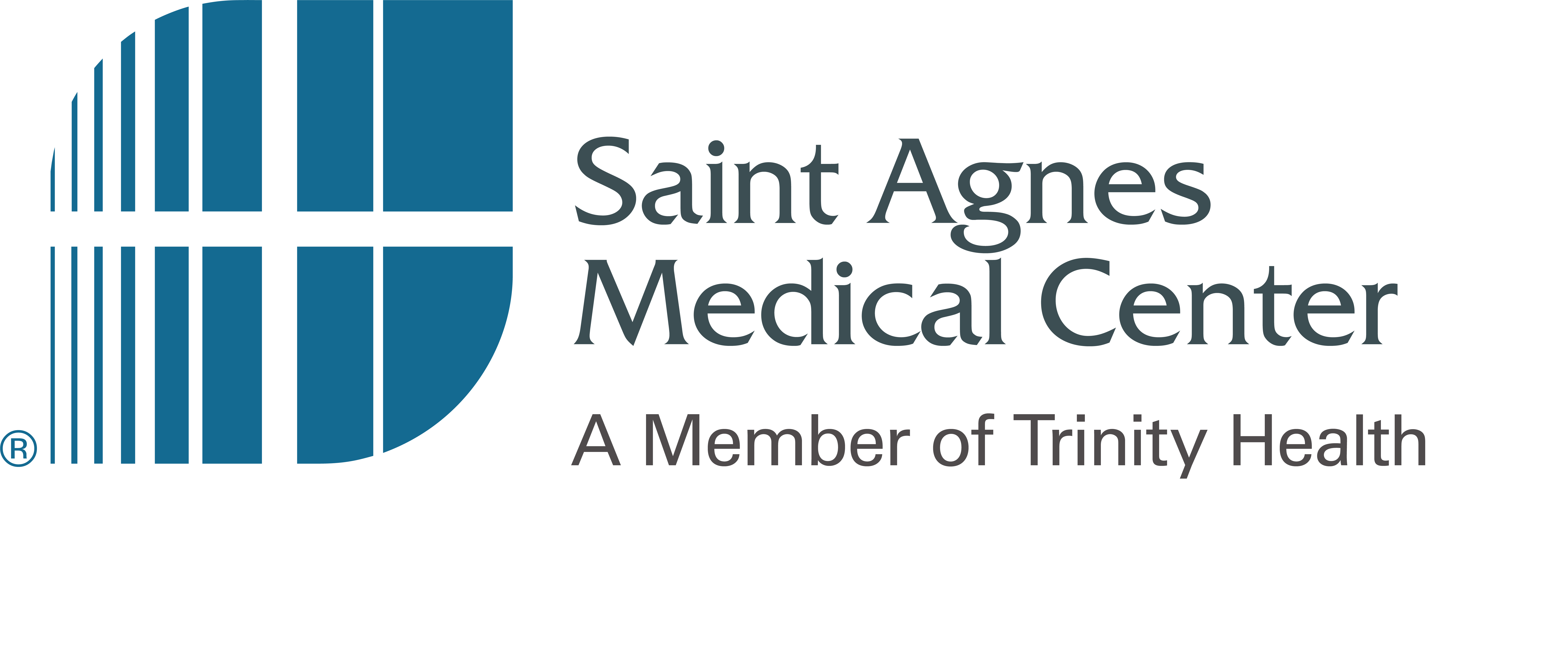Tips to keep your lungs healthy
February 11, 2025
When it comes to personal health, things like weight management or heart health often take center stage—rarely do we think about our lungs and how they benefit our overall health.
Lungs are fundamental to our respiratory system, providing oxygen to our blood stream on inhale and removing carbon dioxide on exhale. As with most things in the body, our lung function declines as we age. But there’s lot of things we can do to keep our lungs strong and healthy to reduce the risk of lung disease.
Exercise regularly
Regular exercise has many benefits; it not only strengthens our heart and lungs but also the muscles we use to breathe like our diaphragm. The more you exercise, your heart and lungs work more efficiently to get oxygen into our bloodstream and making it easier for us to breathe. The World Health Organization recommends adults get at least 150 minutes of moderately-intense physical activity per week; it doesn't have to be strenuous—a brisk walk or even cleaning counts—just keep moving!
Pay attention to air quality
Air quality affects our lung health. The Central Valley can have poorer air quality in the summer months—especially during fire season. Scientists measure the levels of fine particles produced from both natural and unnatural sources in the air to determine air quality. Fine particles are things like smoke, different types of gases and carbon monoxide that can cause inflammation and contribute to chronic respiratory diseases.
While we can’t control the outdoor air quality, we can monitor its severity and should reduce the amount of time spent outdoors when pollution is high, especially for young children, the elderly and those with respiratory conditions like asthma.
Indoor air quality matters too
Indoor air quality can also contribute to the development of infections, lung cancer and chronic lung diseases such as asthma. Poor ventilation and indoor factors like pet dandruff, cleaning fumes, mold, dust, and fuel burning appliances can cause indoor air quality to be worse than outside the home. There are steps you can take to improve indoor air quality, including:
- Dusting and changing furnace air filters regularly to help remove fine particles in the air
- Opening your windows for a few minutes when outdoor air quality is good, and
- Purchasing an air purifier for common rooms like living room and play areas
Don't smoke and avoid secondhand smoke
Smoking and tobacco products are responsible for more than 480,000 deaths per year and cause nearly 90 percent of all lung cancer cases in the United States. Quitting tobacco use is the fastest way to improve lung health.
Among the many problems smoking causes, it can cause the airways in your lungs to narrow, making it more difficult to breathe. According to the American Cancer Society, after only a few days of not smoking, your carbon monoxide levels improve, and after a few weeks your lung function improves. If you don’t smoke, still be wary of inhaling secondhand smoke, as exposure can cause respiratory issues and diseases.

Need to check in on your lungs?
If you're concerned about your lung health or risk of developing cancer, reach out to your primary care doctor. Don't have a primary care physician? Establish with a Saint Agnes Care provider today.
Schedule now
Low-cost lung screening available
If you're age 50 or older and are a current or former smoker, schedule a low-dose CT lung screening through Saint Agnes Medical Center's Lung Screening Program.
Get more information